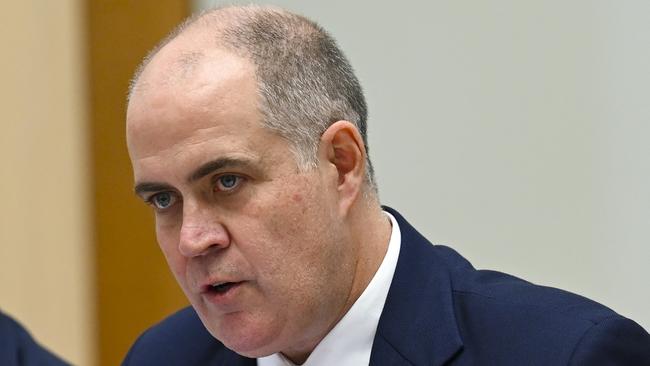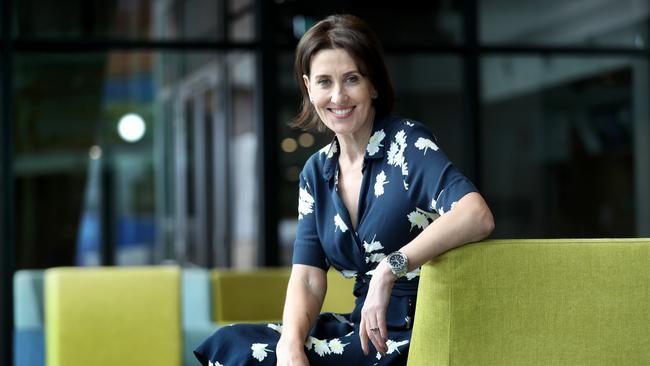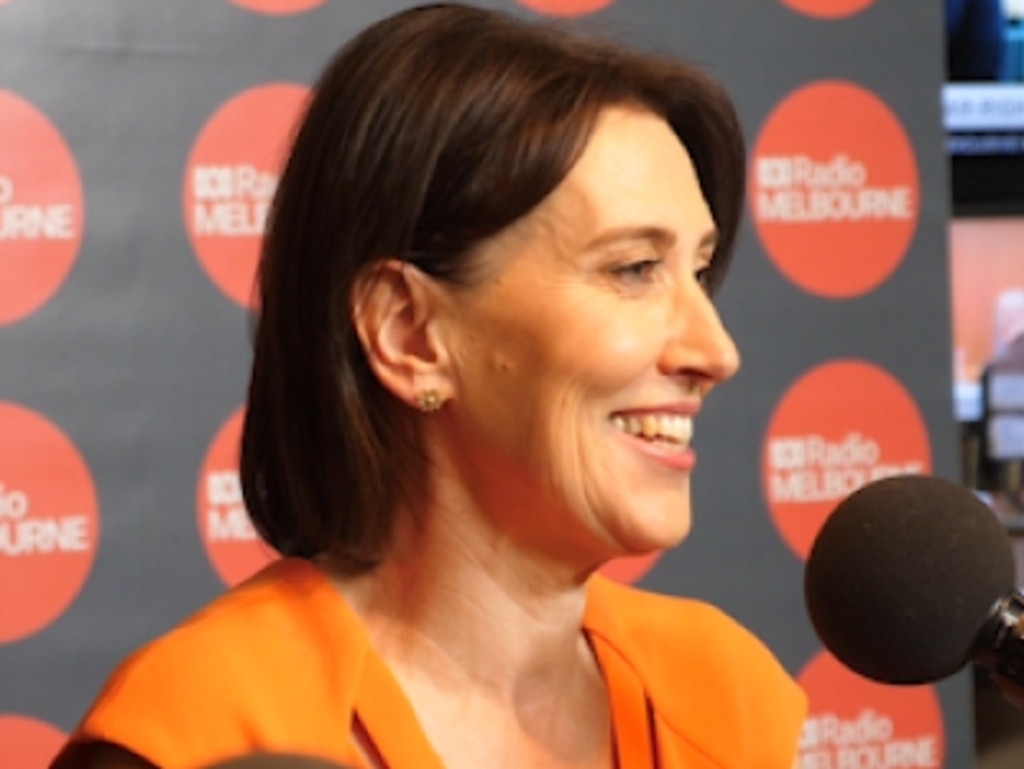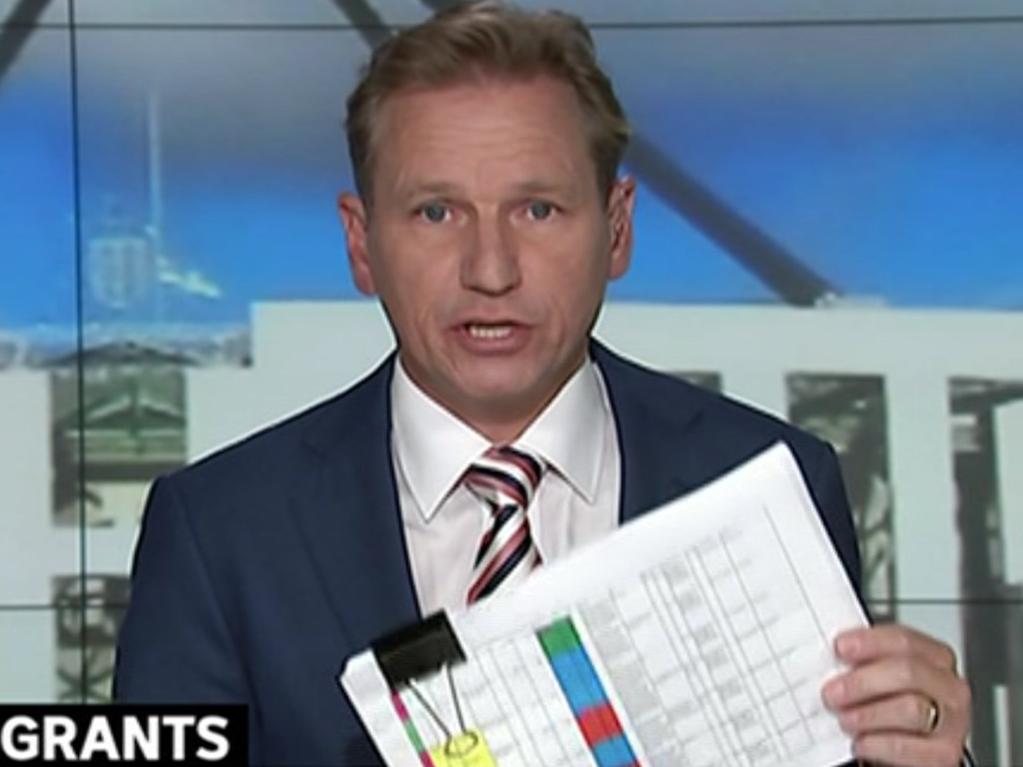ABC board tells management that radio network needs to be ‘urgently’ overhauled
Among the recommendations of an internal report are the need for a shake-up of underperforming on-air talent, and an overhaul of internal reporting structures.
The ABC board has told the public broadcaster’s senior management that it must move to arrest the decline of the media organisation’s radio arm “as a matter of urgency”, after it was presented with a long-awaited internal report into the troubled network.
The report, which was tabled at the ABC’s most recent board meeting, held in Perth last month, makes dozens of recommendations as to how to fix the broadcaster’s ailing radio division, which has suffered a dramatic exodus of listeners over the past two years.
Among the recommendations are the need for a shake-up of underperforming on-air talent, and an overhaul of internal reporting structures within the ABC, which if accepted would likely result in the redeployment of a number of “middle managers”.
The adoption of the internal advisory group’s proposals is ultimately a matter for managing director David Anderson and the ABC’s recently appointed chief content officer Chris Oliver-Taylor, but The Australian has been told the pair were informed by the board of the “urgency of the situation”.

A source close to the board said the directors had expressed great concern over the ratings slide across the radio network, with ABC chairwoman Ita Buttrose particularly engaged with the need to push ahead with certain aspects of the proposed overhaul sooner rather than later.
ABC Radio ratings have been steadily declining since the second half of 2021. Some of the starkest falls in listenership have been in traditionally prestigious breakfast and morning timeslots, most notably in Melbourne and Sydney.
The ABC Melbourne mornings show hosted by Virginia Trioli, for example, lost half its audience between mid-2021 and mid-2022.
Radio National has also seen its ratings spiral over the past 18 months, and it’s understood the internal report also recommends that RN’s operations are scrutinised, especially given that it costs tens of millions of dollars to run each year.
One insider said that while many within the ABC recognise the time is right for an overhaul – both of on-air presenters and the manner in which the radio division is managed – there are significant obstacles to change.
“It’s hard to overturn the culture overnight … there’s red tape at every turn,” the insider said.
“No one is accountable for their mistakes. Because there are so many layers of management, any progress is easily impeded because there’s always someone who disagrees with a proposal for change.
“The shame of it is that the fragmentation of the radio network has been evident for almost two years, but it’s taken this long just to get to the ‘recommendation’ stage.
“In a commercial environment, you wouldn’t be allowed to fall this far as a network … you would have been shot well before now.”

Another source who works in the radio division said one of the biggest problems across the network was that too many staff had become “ABC-ised” – that is, they are resistant to any changes to the public broadcaster’s internal practices.
Other critics say the radio network hasn’t evolved with audiences’ expectations and tastes.
“Too many presenters have lost the connection with the traditional, intelligent, give-me-both-sides-of-the-story ABC listener,” another senior ABC figure told The Australian.
“They are no longer resonating with middle Australia.”
In May, a long-term listener emailed Mr Anderson directly to vent his frustration with the direction of the national broadcaster.
“I write as a previously avid listener of ABC radio in WA,” the man said.
“I say ‘previously’ because I feel invisible as a member of the listening audience and no longer bother to tune in much at all,” he wrote.
“I hear interviews of authors, artists, influencers, politicians and environmentalists who almost certainly turn out to be pushing a minority woke agenda of some sort which is lapped up and promoted by the presenter as fact and editorialised to the point where no other opinion is heard – or if it is, is denigrated as racist, sexist, misogynist or homophobic.
“Balanced talk back radio is no longer a feature.
“The real reason (for the audience exodus) is the constant narrative being delivered to appeal to minority groups which can only represent, in total, approximately 10 per cent of the listening audience. You have lost the other 90 per cent.
“This is not just my white, middle aged male opinion … the ABC is certainly perceived in this light by a considerable percentage of the Australian public and if you and the board of directors allow the current narrative to run unchecked, your presenters will be talking to ‘dead air’ in the not-too-distant future.”
The Australian asked an ABC spokesman about when the broadcaster’s management would release its response to the internal advisory group’s recommendations about the radio network. “We will comment when we are ready,” the spokesman said.








To join the conversation, please log in. Don't have an account? Register
Join the conversation, you are commenting as Logout